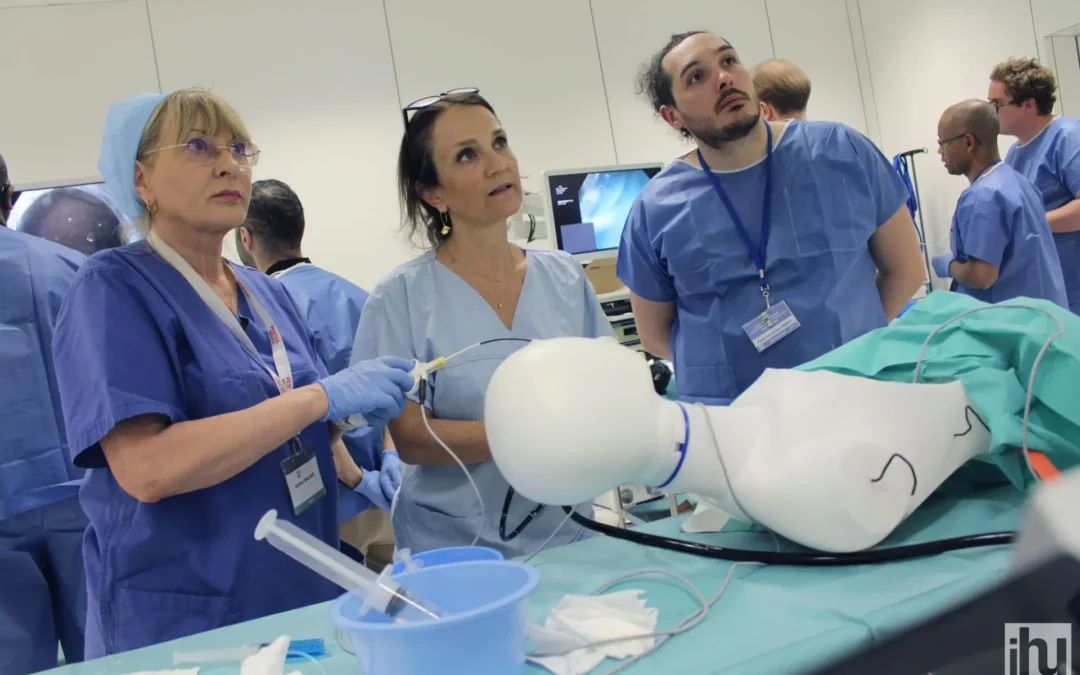
University Diploma, Master 1 and Master 2: A week of immersive training in Surgical Endoscopy
From April 14 to 17, 2025, IHU Strasbourg welcomed participants in the University Diploma (DU), Master 1 and Master 2 programs in surgical endoscopy for a intensive training session. Under the guidance of Prof. Silvana Perretta, Director of Educational Programs at the IHU, this session enabled future experts to perfect their skills in the most advanced techniques of interventional endoscopy.
A rich program combining theory, demonstrations and advanced practice
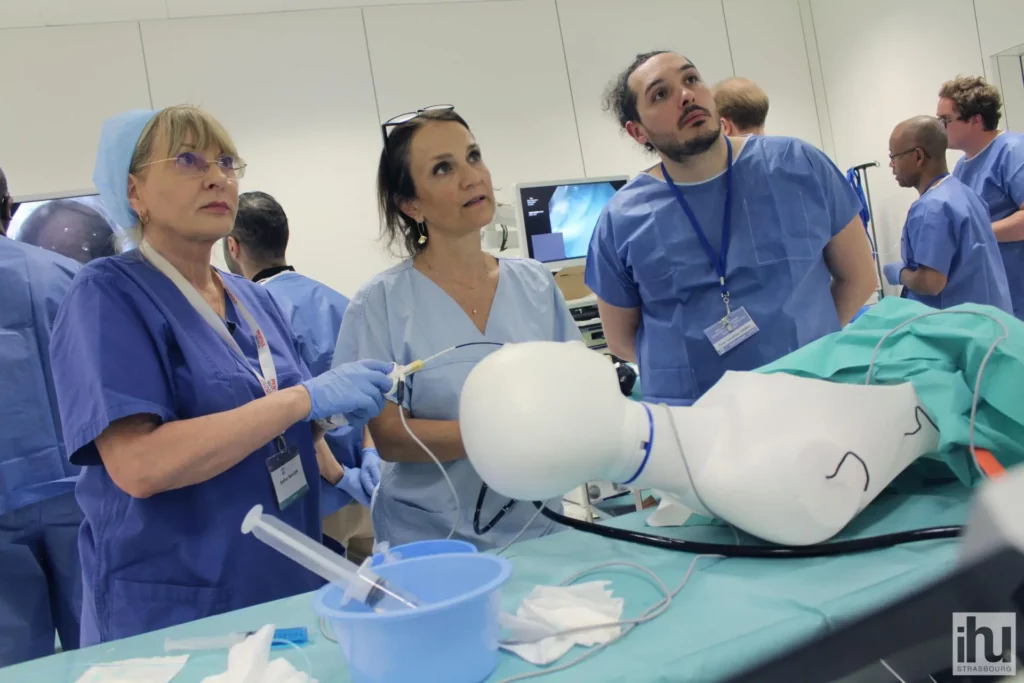
Each morning began with a series of high-level lectures and live demonstrations from the IHU operating theater. Highlights included:
- Endoscopic management of complications in bariatric surgery (Dr. P. Riva)
- Primary bariatric procedures and gastric complication techniques (Pr S. Perretta)
- Basics of endoscopic resection (EMR, ESD) and POEM (Pr S. Perretta, Dr R. Maselli)
- The approach to complex biliary lesions and the fundamentals of ERCP (Dr B. Dallemagne, Dr T. Voiosu)
The lectures were enriched by remote presentations from European specialists, providing a multidisciplinary perspective.
Practical immersion in ex-vivo and in-vivo models
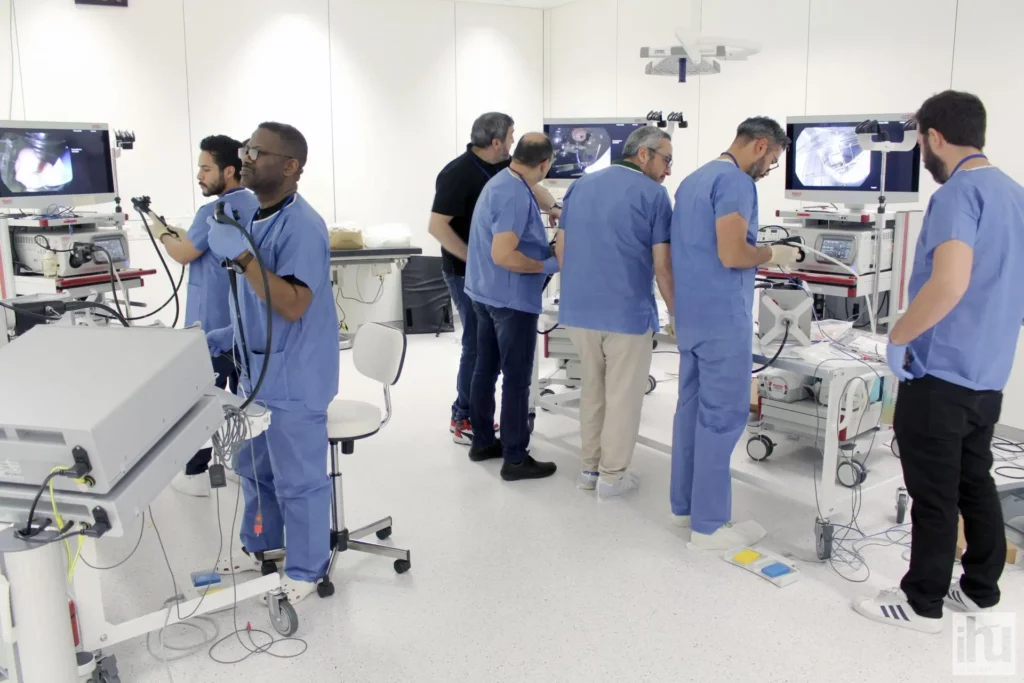
The afternoons were devoted to technical training on the IHU’s experimental platform. Participants were able to perform complex gestures in an environment that faithfully simulated operating room conditions. The program included :
- Navigation and endoscopic suturing
- Perforation closure
- Placement of bariatric stents
- Vacuum therapy
- EMR, ESD, POEM and ERCP on simulated models
- Introduction to cholangioscopy and LAMS (Lumen apposing metallic stent)
Master 2 students were able to deepen their knowledge of dissection and resection techniques.
Excellent training for tomorrow’s practitioners
This week of training illustrates IHU Strasbourg’s strong commitment to developing skills in surgical endoscopy. Thanks to teaching that combines clinical expertise, technological innovation and simulation, the DU and Masters courses are training a generation of professionals ready to meet the challenges of tomorrow’s surgery.
Would you like to join our training program?
Find out more about our training courses and join the next session:
https://mse.eve-evolving-education.eu/
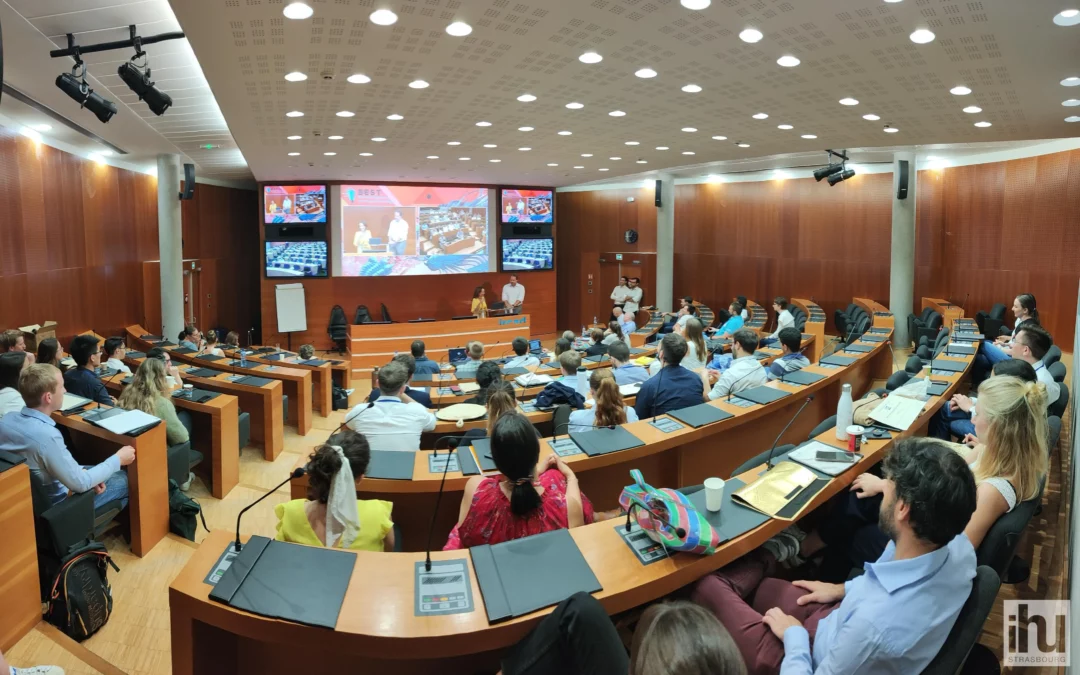
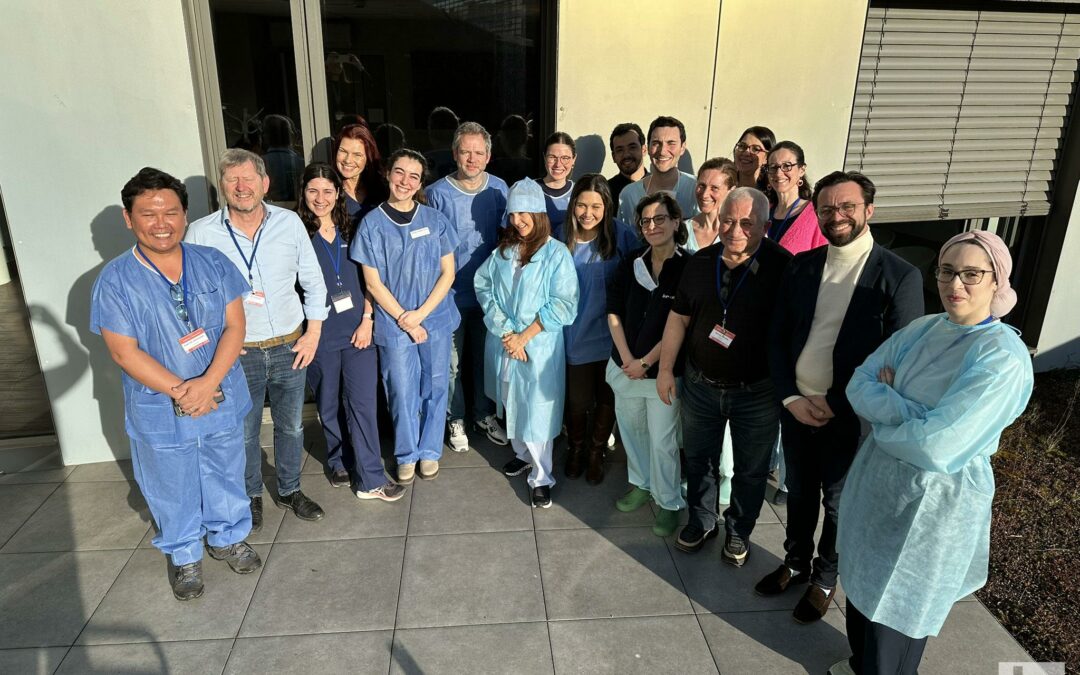
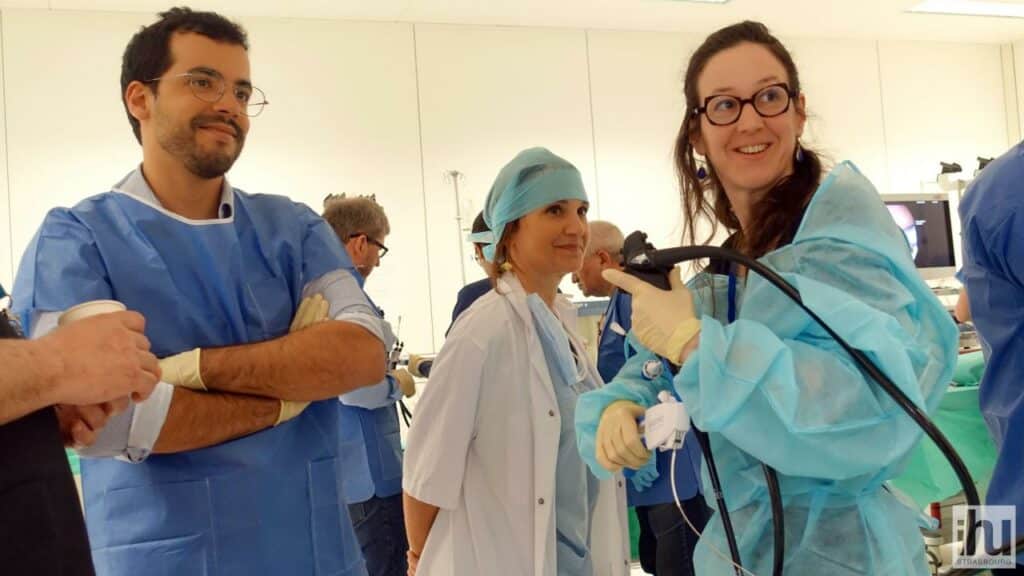

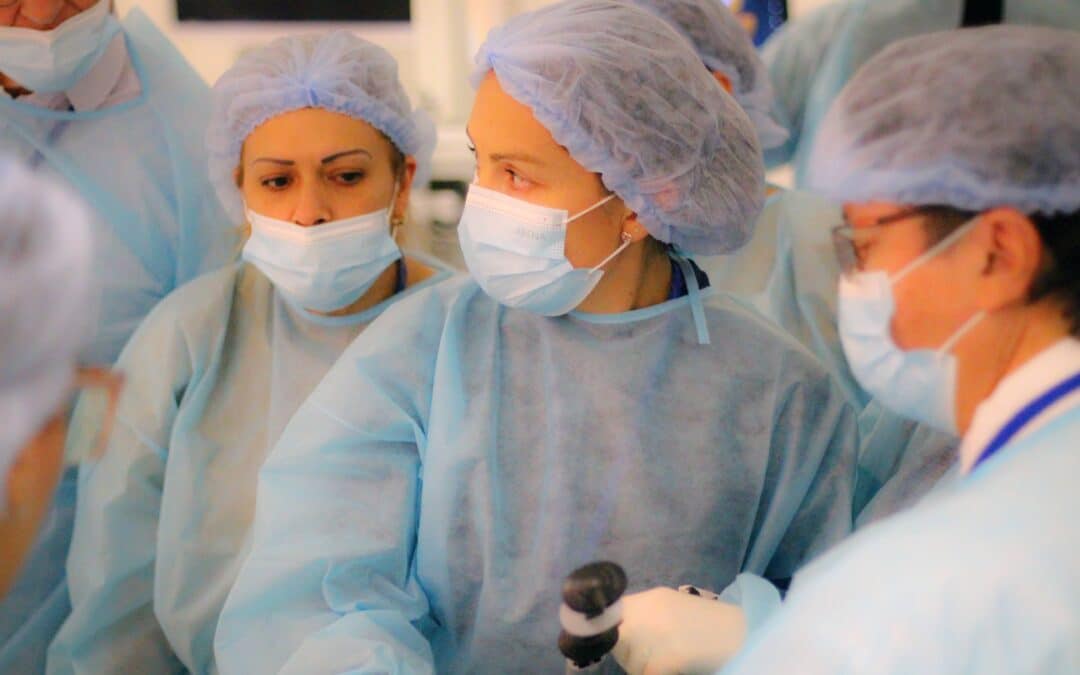
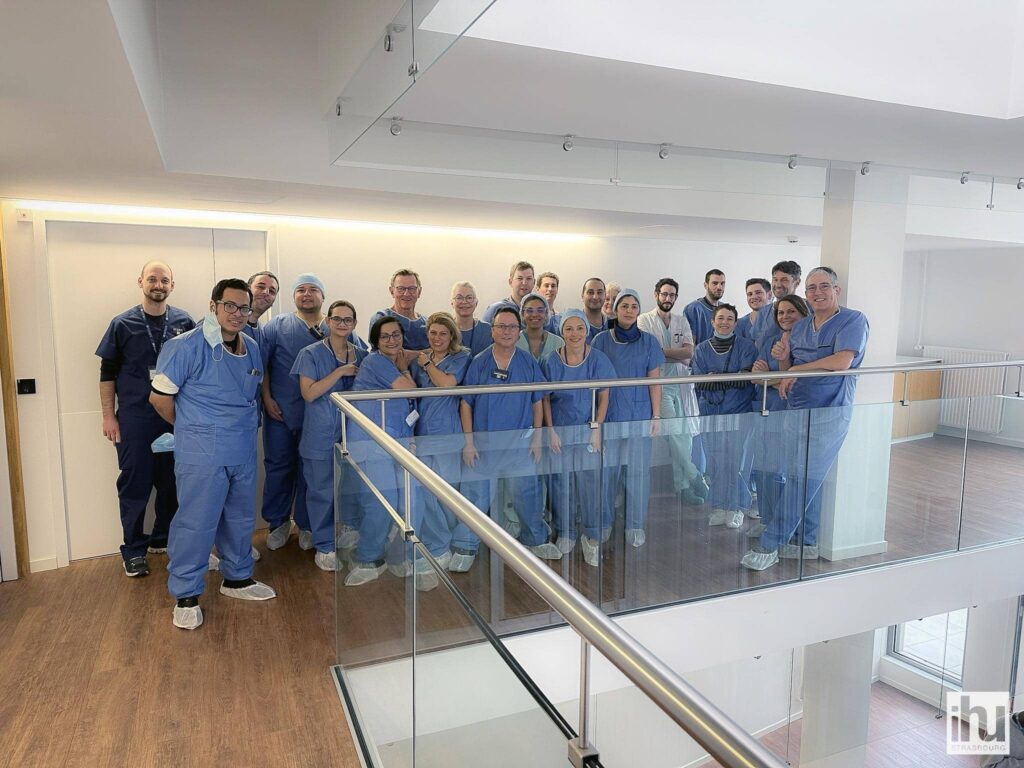

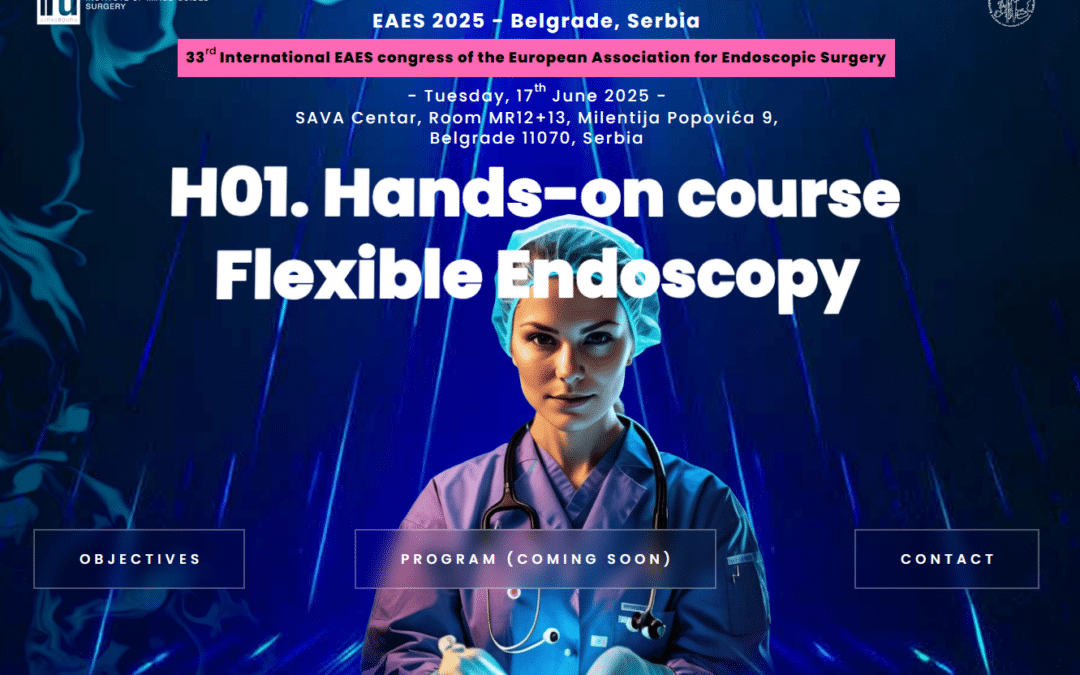
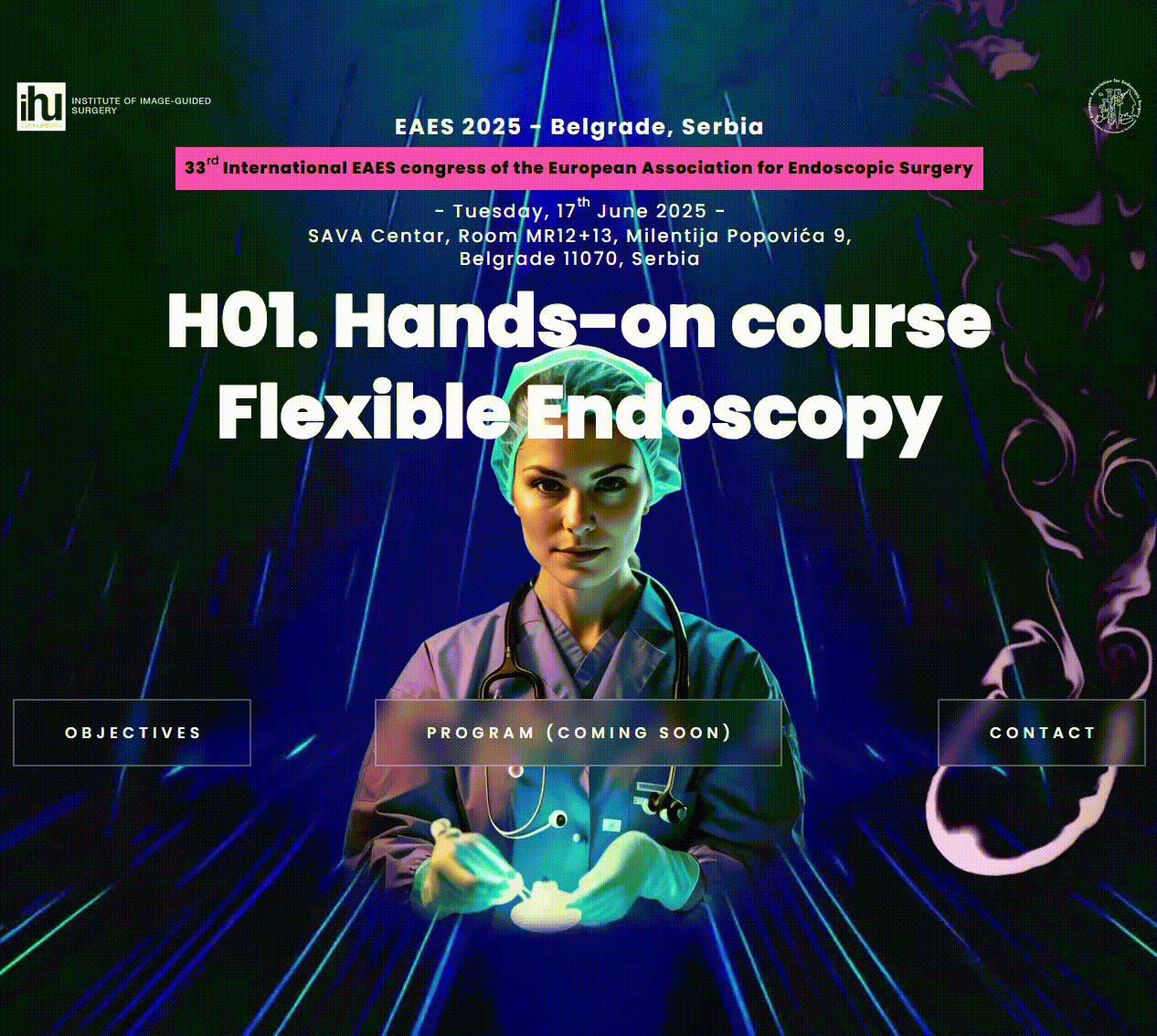
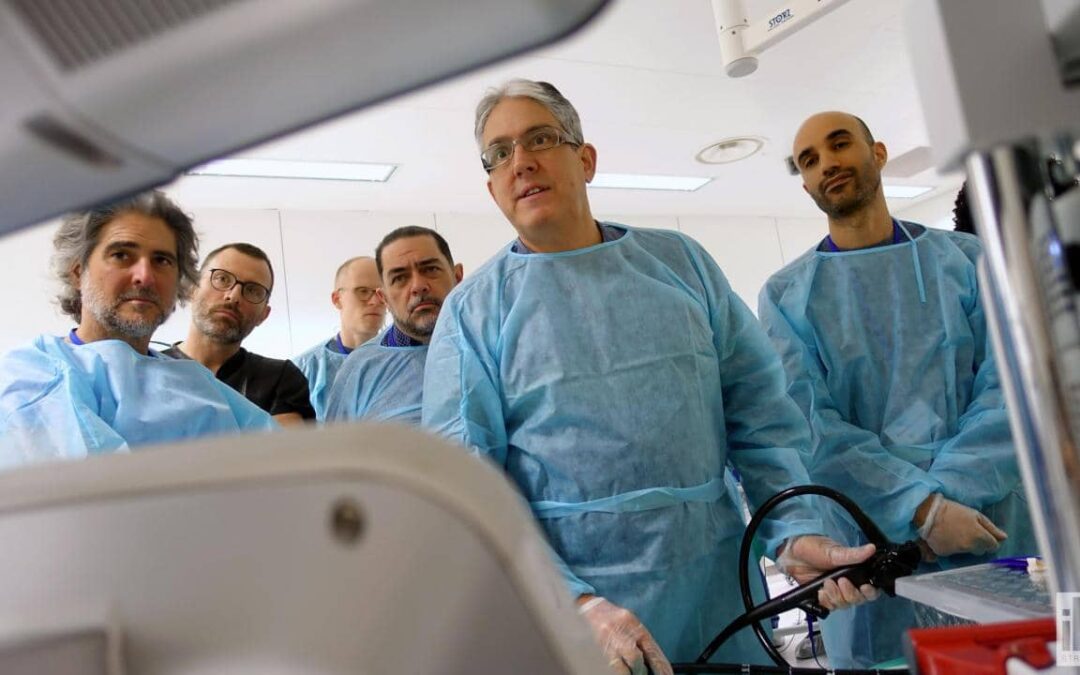
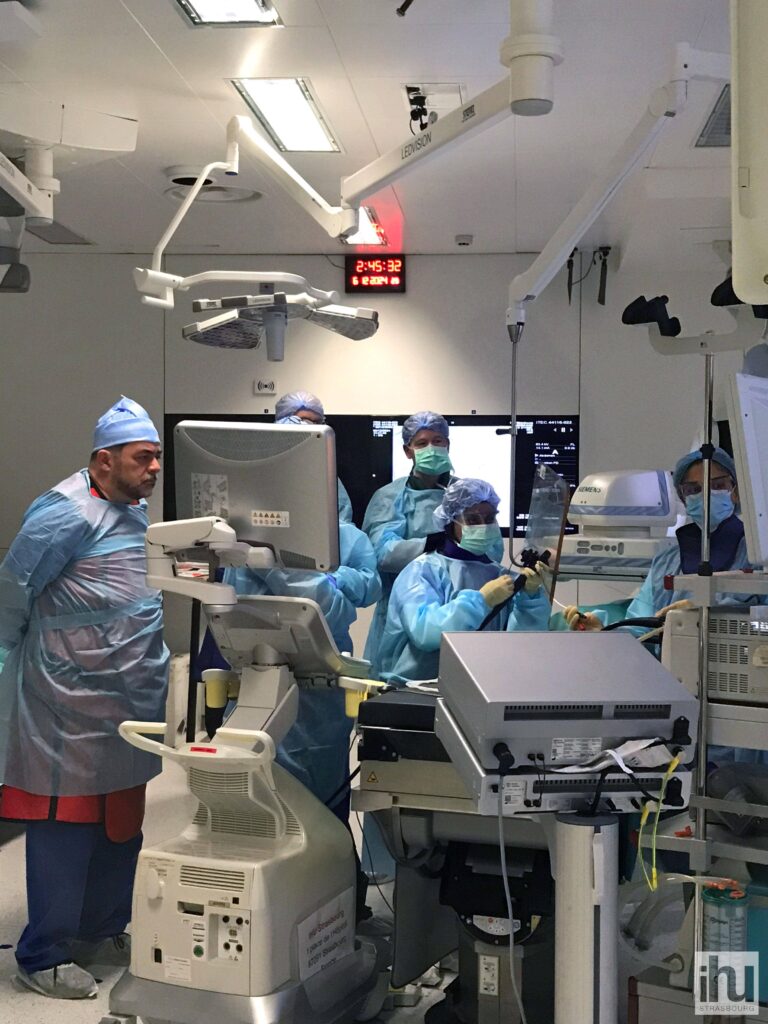
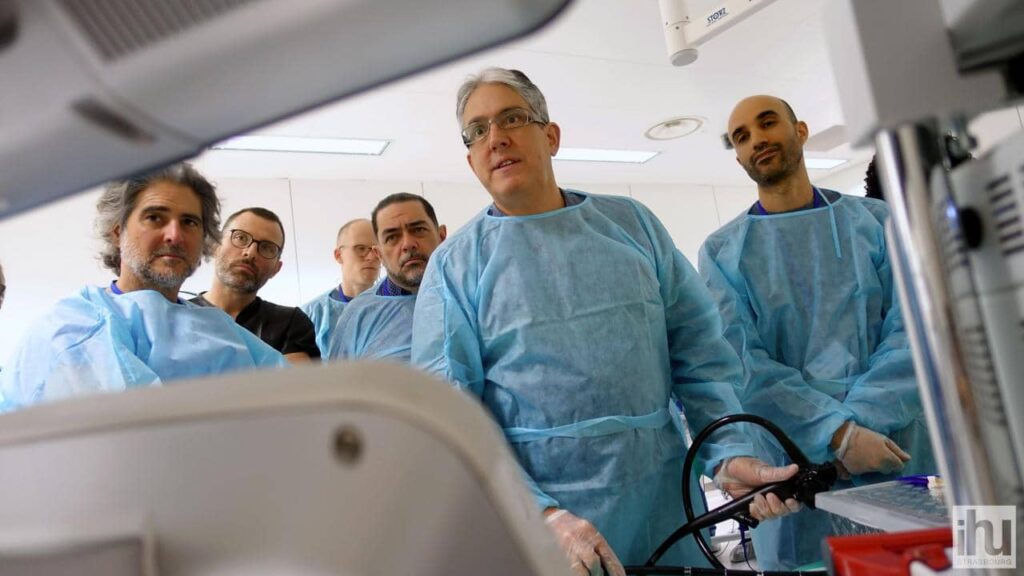
Recent Comments